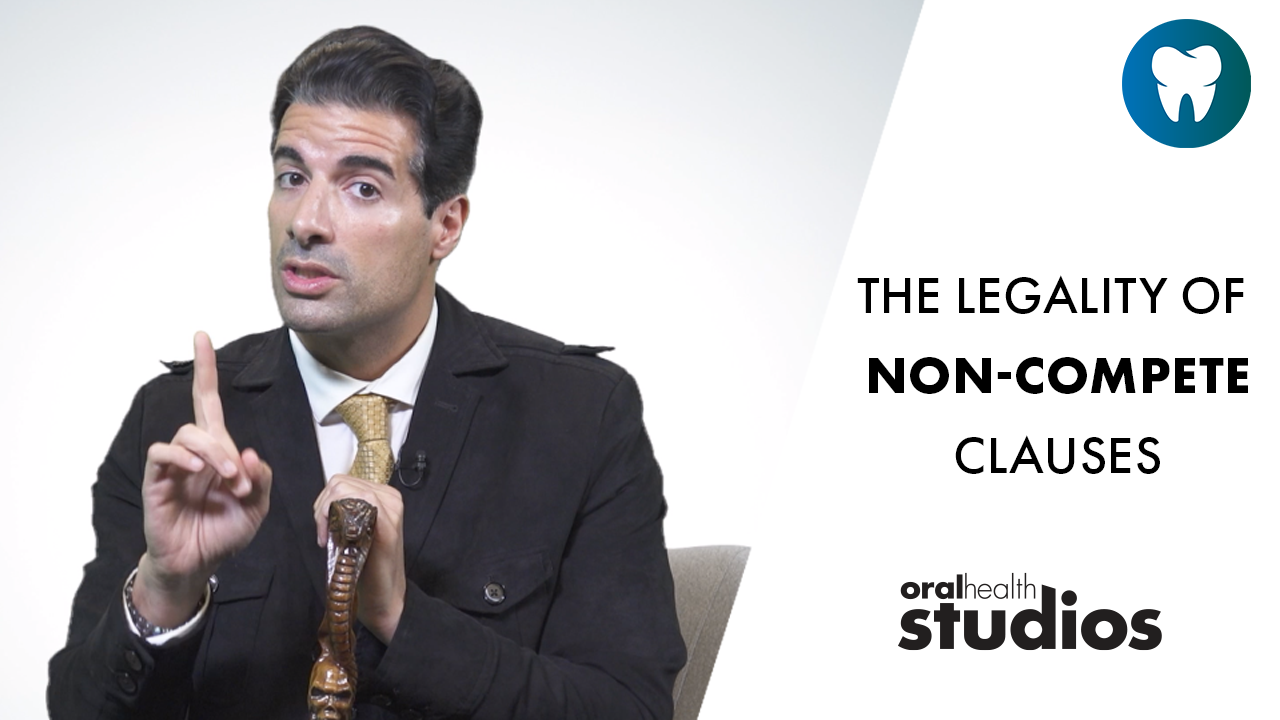After obtaining your license to practice dentistry, which is an important milestone, one needs to consider how they will pay for their education and build a career/business.
LIFECYCLE OF A DENTIST
Our observations indicate the typical “life cycle of a dentist”
Years Since Graduation Activities
0-2 Associating, honing clinical and interpersonal skills, paying off student loans
3-10 Buy own practice; a few open their own practice; buy home
11-15 Buy own building where practice is located; more than a few get separated or divorced. Some buy a cottage
16-25 Peek earning years; retirement and estate planning are prominent issues
26-35 Maximizing the value of one’s prized retirement asset (dental practice) in the most tax efficient manner
Mature graduates, some of whom received their training in a foreign country, but who have to complete a course of study in Canada, are more likely to buy or open their own practice sooner than later.
Consider The Following Lifecycle Of A Dentist
Visualize where you want your career to be in 10 or 20 years time; then with the end result in mind, begin your quest to achieve same. Determine your current and future personal expenses; then multiply this amount by three; your targeted income before taxes should be at least this much.
Associate
Issues to Consider When Evaluating an Associateship:
• Does it meet your financial, clinical and practice management goals?
• What do previous associates think and why did they leave?
• Day sheets? This may indicate the type of work being done, the level of volume, etc.
• What services are being referred out versus performed in house?
• Determine number of active patients and new patients per month.
• Determine age and ethnic mix of the patients; what language do patients speak?
• Determineifco-paymentsarebeingcollected
• Determine which fee guide the dental office uses.
• Determine the amount of patients on social assistance.
• Where to practice? Dentists in rural areas tend to make more money than dentists in densely populated areas where the competition among dentists is great.
Other Issues To Review:
• Associate agreement? Non compete/non solicitation clause?
• What about Goods and Services Tax (GST) exposure?
• Are you an “employee” or “independent contractor”? What is the tax implication?
• Professional corporation — are you taking advantage of this structure to save taxes?
Principal (Be Your Own Boss)
• Issues to consider
• Where to practice?
• Opening or buying a dental practice?
• How to buy a dental practice? Buying a practice, although it may cost more, is a safer investment than opening a practice.
• Where to find a dental practice?
• Is the practice overpriced?
• What are you buying? Shares or assets?
• Should you go into a partnership or cost sharing?
• How to obtain financing? What interest rate are you being charged?
• Professional/hygiene/technical corporation(s) — do you have the right corporate structure to minimize your tax bill?
• How to market?
• Premises lease? What should the terms be?
• How much to spend on renovation?
Where Ever Your Career Leads You, You Should Avoid The Following Traps:
Gambling, divorce and drugs have ruined many careers
• Borrowing to buy expensive car/home before buying your dental practice
• Getting divorced without a marriage/co-habitation contract
• Spending more than you earn; many dentists base their spending on their collections. They often ignore their expenses or the taxes they owe. Each month, consider having your taxes, RRSP’s, funding for children’s education and investments automatically withdrawn from your bank account. What you do not see, you will not likely spend
• Pretending to be an expert in all fields; know your strengths and weaknesses; research those who can assist in compensating for your weaknesses; then hire them. Concentrate on those things which you do best
• Keeping up with the Jones’ often lead to financial disaster; run your own race as you are your best competitor.
• Be careful of the golden handcuff, i.e. where you associate too long and your lifestyle is based on this income. It is difficult to reduce one’s lifestyle. Hence, it will be difficult to venture out on your own.
• Non tax deductible debt including home, cottage, mortgage, education and boat loans — pay off A.S.A.P.









